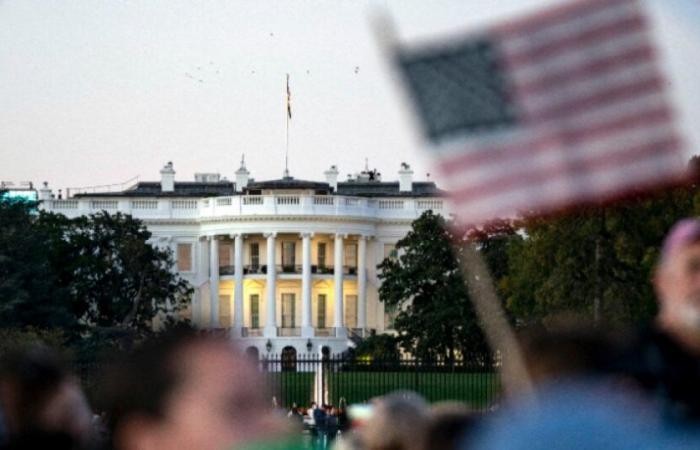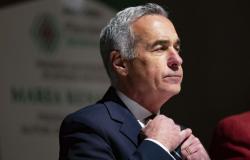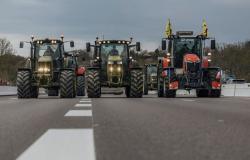
As the presidential election begins in the United States this Tuesday, November 5, the country is deploying an impressive security system to ward off the risk of riots and protect the vote, says The Guardian.
Barriers everywhere, reinforcements of law enforcement… In the United States, we are not skimping on the means to anticipate the risks of violence and riots during the presidential election poll, which is taking place this Tuesday November 5, tell our colleagues from Guardian.
In Washington in particular, where the memory of the assault on the Capitol on January 6, 2021, where hundreds of Donald Trump supporters tried to prevent the certification of Joe Biden's victory, still haunts people's minds. The FBI has set up a national command post in the federal capital to monitor threats 24 hours a day, all week.
Numerous American media outlets show the installation of metal barriers in multiple locations, including around Howard University, where Kamala Harris will spend election night. “Let's be clear: there will be no tolerance for violence in our city” said Pamela Smith, Washington police chief, on Monday. Fences were erected outside the Palm Beach County Convention Center, where Donald Trump will spend election night, in West Palm Beach, Florida.
Safety fears
Across the country, similar measures have been taken. Protective measures are also taken at polling stations such as in Phoenix, Arizona, where the building has been equipped with metal detectors, monitored by drones in the sky and protected by snipers will be placed on the roofs, relates The Wall Street Journal.
Some American elected officials also fear for their own security, such as Michigan Secretary of State Jocelyn Benson, who explained on NBC that she had called her personal security team “to make sure his family was safe“, after she was personally attacked on social networks by billionaire Elon Musk, who ostensibly campaigns for Donald Trump.
According to CNN, National Guard officials have announced that more than two dozen US states are prepared to send troops to Washington if needed in the weeks following the presidential election and during the period leading up to the inauguration. .





